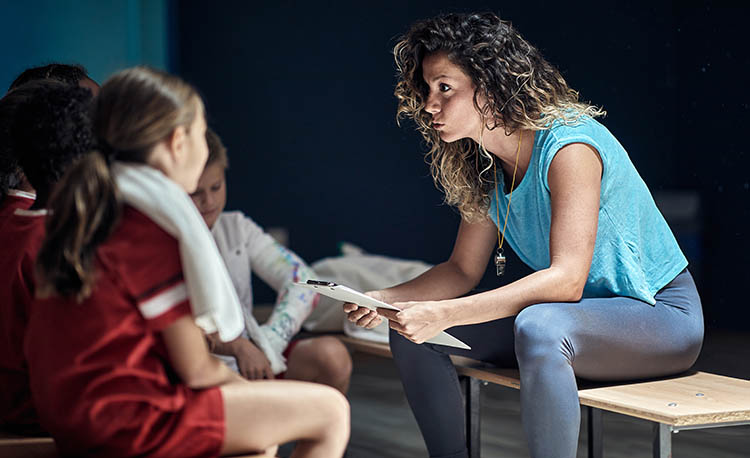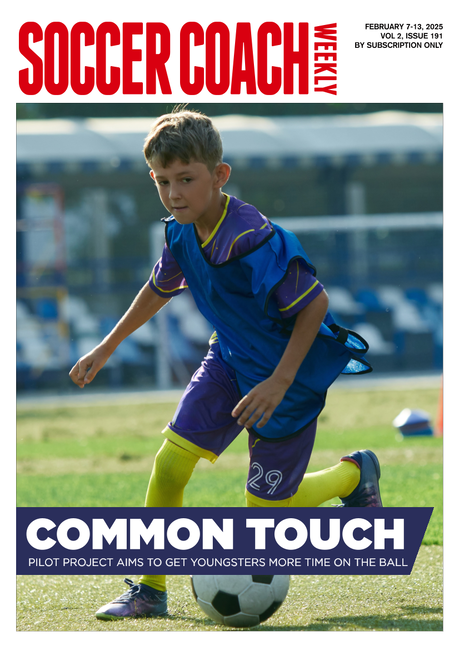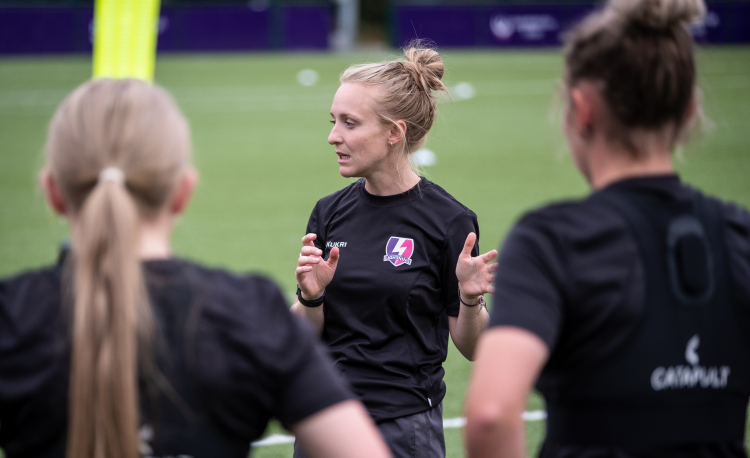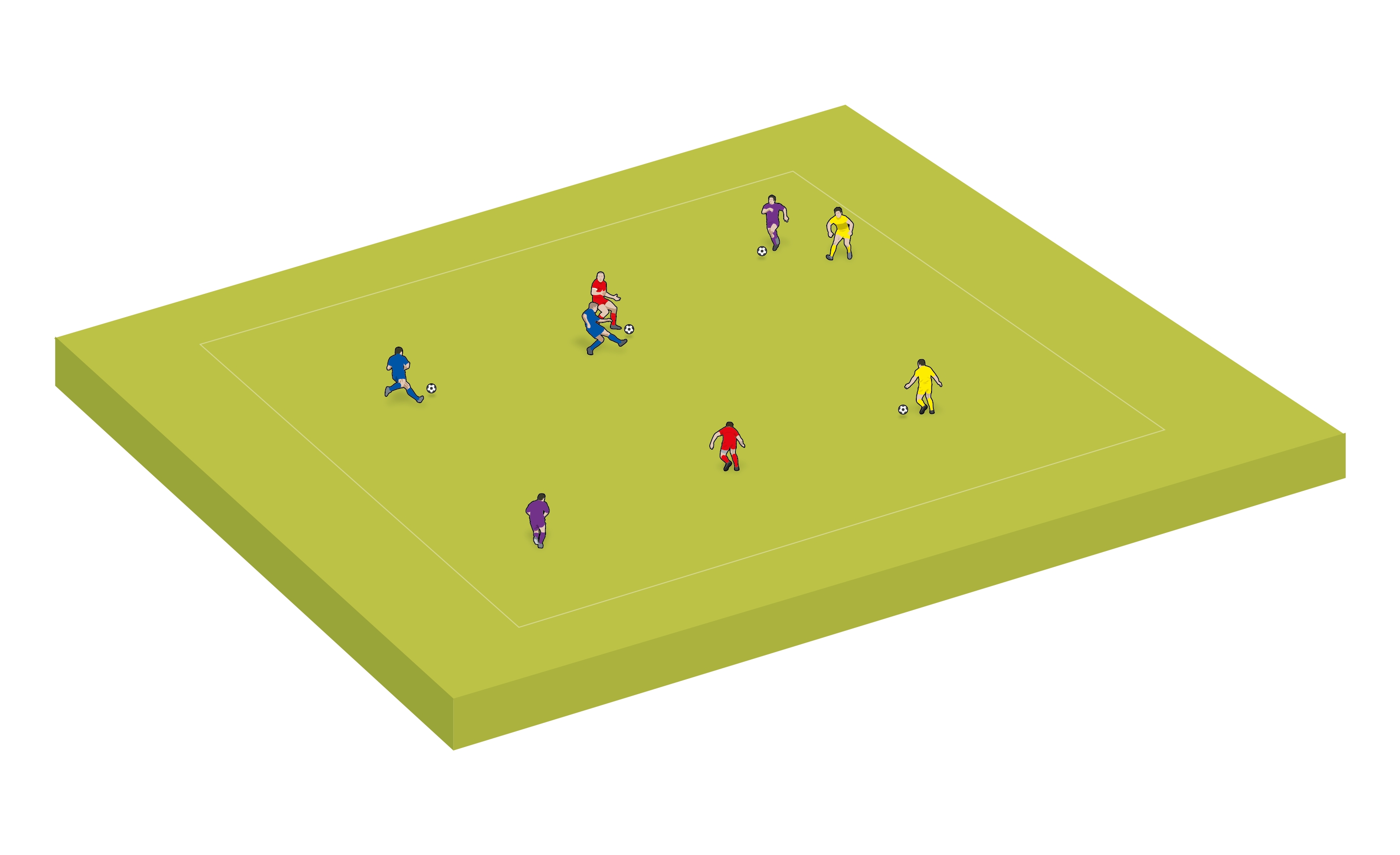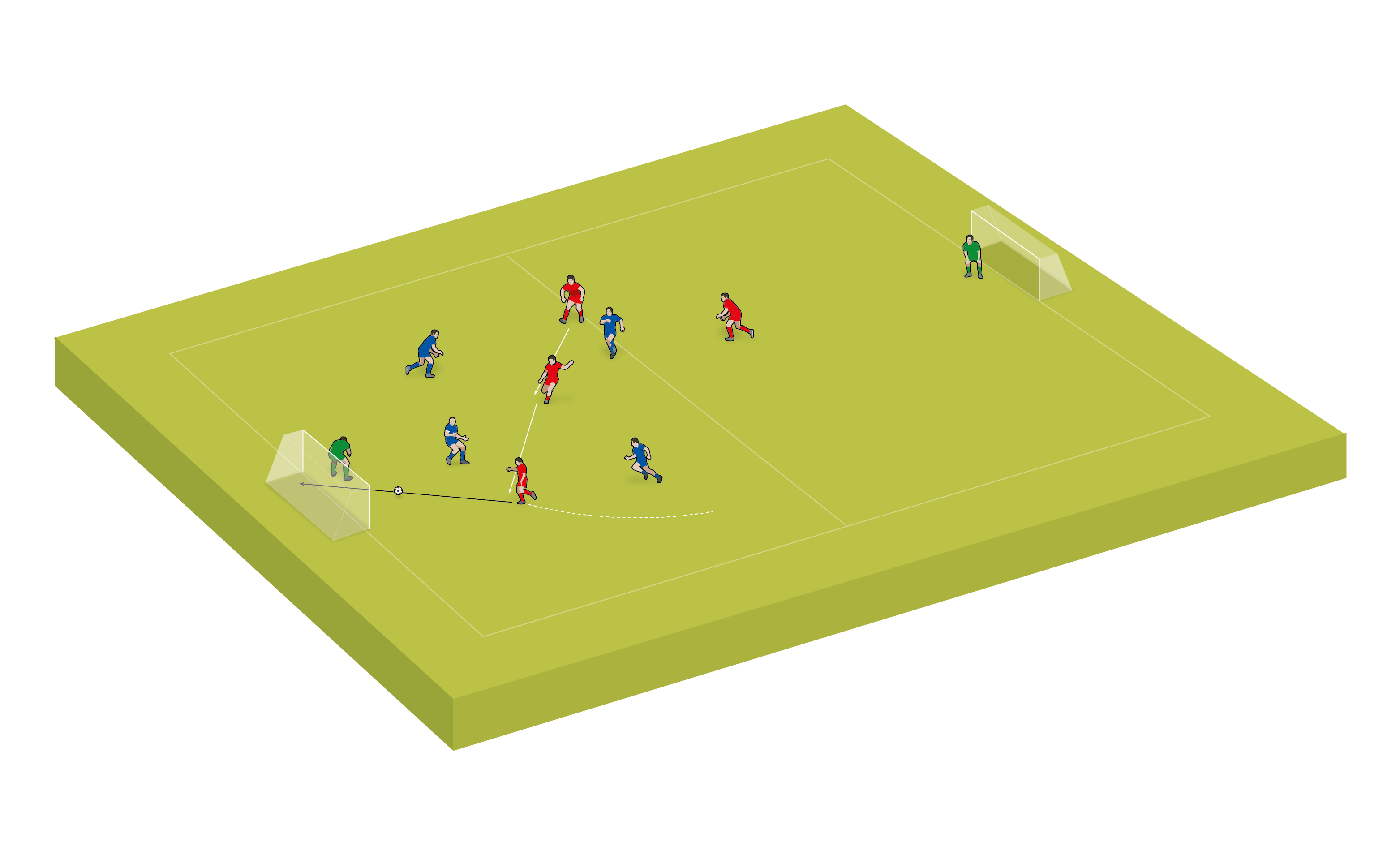How to connect with young female players
Tapping into your team’s psyche is key to winning the locker room, as University of New South Wales women’s under-17s coach STEVE GREENWOOD explains
Much like the players they work with, every coach has both strengths and areas for development.
With the under-17 girls I coach, I feel my main strength is my ability to relate. It is so important that the players feel I care about them personally or have a connection with them beyond the game.
They are people first, players second - and they must have a sense that I care for them above and beyond their abilities as an athlete and footballer.
Generally speaking, girls thrive in a co-operative environment; they value attachment and interdependence while fearing rejection and abandonment. I believe on the whole, they need to feel acceptance to perform well.
Competition and personal relationships are intertwined. Their teammates are their friends. While we play and compete in Australia’s National Premier League 2, the social aspect for the girls, and the fun and inclusive nature of it, cannot be overlooked.
The best coaches are effective and strategic communicators. Communication is key in delivering your messages, and the methods used for delivering information and feedback will affect your players’ performance.
Young girls are generally not used to a harsh or aggressive style of coaching and usually will not respond well. Don’t be in their faces and confrontational. Be positive and find the right coaching moment to convey your message.
Take a humanistic approach; respect them, communicate with them and ask them what they need. Or as legendary former US Women’s National Team forward Mia Hamm once said: “Coach us like men, treat us like women.”
Quite often I’ll get players to participate in the decision-making process. This creates leaders and allows them to ask questions.
The players are more likely to buy into your coaching plan and philosophy if they have a voice and opportunities to embrace leadership roles.
Ultimately it is their team so why not give them, and let them feel, a sense of ownership?
Setting the tone
I try to use the ‘sandwich’ theory of criticism. Start with positive feedback then follow this with three pieces of information.
"Young girls are not used to a harsh style of coaching and will not respond well..."
This includes, what happened, what should have happened and why it should have happened.
I then try to finish with one more piece of positive encouragement, even if it’s just reiterating or emphasising the first piece again. This feedback should be delivered in a constructive manner, as positivity in interaction help nurture success.
Coaches need to create a connection and relationship with young female players to be successful, as girls are generally more empathetic.
They will react to how something is said and may not even hear the message if your body language and tone doesn’t match it.
Girls will also express emotions more openly. This is not a sign of weakness - more a way of communicating by expressing their feelings.
When you are doing the communicating, think about your body language, facial expressions and tone, and ensure you maintain eye contact while you are talking or listening.
Before approaching a player, I contemplate what it is I want from them. Don’t make assumptions that they understand or automatically know what you want or are thinking. No-one is a mind-reader.
Girls have a need for autonomy, the need to feel cared about and a sense of belonging. The girls carry these needs into the changing room and on to the pitch, whether that be on game day or at training.
The relationship between coach and team is extremely important to the success and growth of a player. Girls are often motivated by pleasing others and most will see any individual success as collective, which is invaluable in terms of striving for success.
Get to know your players outside of just their football skills. As I touched upon earlier, involve them in team decisions and be empathetic.
Girls tend to want to develop personal relationships with coaches and prefer those who communicate openly and are empathetic. They need a coach who cares for them as a person and a player.
However, as an adult and authority figure, it is imperative you follow the appropriate boundaries.
Related Files
Coaching teenage girls especially, I find it invaluable to have the benefit of a female assistant coach and one of the mums as team manager. This helps with managing the changing room and personal factors that I, as a male, might struggle with.
Most girls are not receptive to strong language or screaming. They want a clear understanding of their value and to know that they are continuing to develop.
Positive communication delivered consistently, along with constructive feedback, will earn the respect and trust of your players.
I’m never afraid to be forward with praise, as it goes a long way. The most used words at my sessions are ‘good’, ‘very good’ and ‘well done’.
Ask questions of each player and find out how she is thinking and feeling. Actively listen without making assumptions and validate their feelings. Show compassion and understanding about their feelings before you try to give advice on how to fix or rectify a situation.
Every session, I make sure I’m available before the arrival time so players can ‘check in’ if needed. I also pay close attention to body language and application during the stretching and warm-up activities.
If I notice something out of the norm then myself or my assistant can act before the main component of the session begins.
It is not uncommon to find young female players struggling emotionally or feeling anxious or insecure. This usually isn’t directly because of football - it may be pressures put on themselves or by others outside of football, usually academically.
My girls love both training and playing. I try to create an environment in which they will succeed in every practice and game. This success breeds confidence - and confidence breeds success and passion for the game.
It is crucial that, as a coach, you avoid comparisons between teammates.
"Ask questions of each player and find out how she is thinking and feeling..."
These can make players focus on their weaknesses, and they will feel less important than their teammates.
Remember, every player brings something unique and valuable to the team and to the game. Therefore, focus on self-improvement through goal-setting and action plans.
For girls - without trying to oversimplify their behaviour choices - this translates into an overall attitude to soccer based on the following concepts:
- Putting the greater good before their own.
- A need to make the environment they are in as appealing as possible.
- Added significance to how things and people look.
- Thorough decision-making and risk-assessment processes.
- A tendency to take responsibility for everything.
- Relationships (making and fixing them) matter above everything else.
- Collaboration over competition is the main drive within groups.
COACHING YOUNG FEMALE PLAYERS - KEY QUESTIONS
How can this article affect the way you coach? Does it explain why your players react to certain things in a way that seems alien to you?
How are you communicating with them? What reaction does shouting or raising your voice provoke in women?
How do your players respond to internal and external competition? How can you ensure your players are motivated and happy within the group and in relation to the opposition?
What do your players expect from you emotionally? Do your players share the same motivations, drive and picture of success as you do?
How does your mood affect the people you coach? Do they pick up on it?
Newsletter Sign Up
Coaches Testimonials

Gerald Kearney, Downtown Las Vegas Soccer Club

Paul Butler, Florida, USA

Rick Shields, Springboro, USA

Tony Green, Pierrefonds Titans, Quebec, Canada
Subscribe Today
Discover the simple way to become a more effective, more successful soccer coach
In a recent survey 89% of subscribers said Soccer Coach Weekly makes them more confident, 91% said Soccer Coach Weekly makes them a more effective coach and 93% said Soccer Coach Weekly makes them more inspired.
*includes 3 coaching manuals
Get Weekly Inspiration
All the latest techniques and approaches
Soccer Coach Weekly offers proven and easy to use soccer drills, coaching sessions, practice plans, small-sided games, warm-ups, training tips and advice.
We've been at the cutting edge of soccer coaching since we launched in 2007, creating resources for the grassroots youth coach, following best practice from around the world and insights from the professional game.

